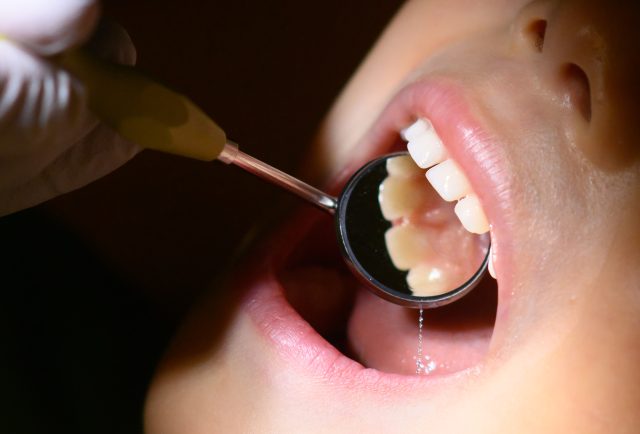Do you need a dentist visit every 6 months? That filling? The data is weak

🌈 Abstract
The article discusses the issue of overdiagnosis and overtreatment in the field of dentistry, which the authors argue is not backed by solid evidence. It highlights common dental practices, such as six-month check-ups and routine scaling and polishing, that lack strong supporting data. The article suggests that economic pressures and the training/expectations of dentists and patients contribute to this problem, leading to both overtreatment and undertreatment of patients. The authors call for more clinical trials to assess the effectiveness of dental treatments and for updated guidelines to ensure resources are allocated to patients who need them the most.
🙋 Q&A
[01] The issue of overdiagnosis and overtreatment in dentistry
1. What are the key issues discussed in the article regarding overdiagnosis and overtreatment in dentistry?
- The article highlights that many common dental practices, such as the recommendation for everyone to get a dental check-up every six months, are not backed by solid data.
- It also notes that there is no evidence supporting the benefit of common scaling and polishing treatments for adults without periodontitis, and that filling cavities in baby teeth may not be necessary, as rates of pain and infections are similar whether the cavities are filled or not.
2. What are the potential reasons suggested for the disconnect between common dental practices and the available evidence?
- The article suggests that economic pressures, the training and opinions of practicing dentists, and the expectations of patients all tend to favor excessive diagnoses and interventions.
- It notes that the decline in cavities due to the widespread use of fluoridated toothpaste in the 1970s and 1980s left dentists with a financial need to find new ways to keep their offices filled, even if teeth didn't need to be treated.
3. What are the two main problems identified as a result of this issue?
- People being overtreated or not treated at all.
- Many people with low income or who are part of a racial and ethnic minority group being underdiagnosed and undertreated due to lack of dental insurance and inability to pay out of pocket.
[02] Recommendations and responses
1. What are the key recommendations made by the researchers in the article?
- The researchers call for more clinical trials to assess the effectiveness and benefits of dental treatments, and for dental guidelines to be updated accordingly.
- They state that the aim is to reduce overdiagnosis and overtreatment while increasing necessary treatment, and to allocate resources to the patients who need them the most.
2. How did the American Dental Association (ADA) respond to the issues raised in the article?
- The ADA stated that it is "dedicated to evidence-based dentistry" and that the dentist-patient relationship is critically important.
- The ADA emphasized the role of patients in their care, such as being selective in finding a dentist, receiving cost estimates upfront, and asking questions about alternatives.
- The ADA did not directly address the shaky evidence behind common practices like six-month check-ups, but stated that dentists have a responsibility to advise people to visit their dentist regularly for recommendations specific to their individual needs.